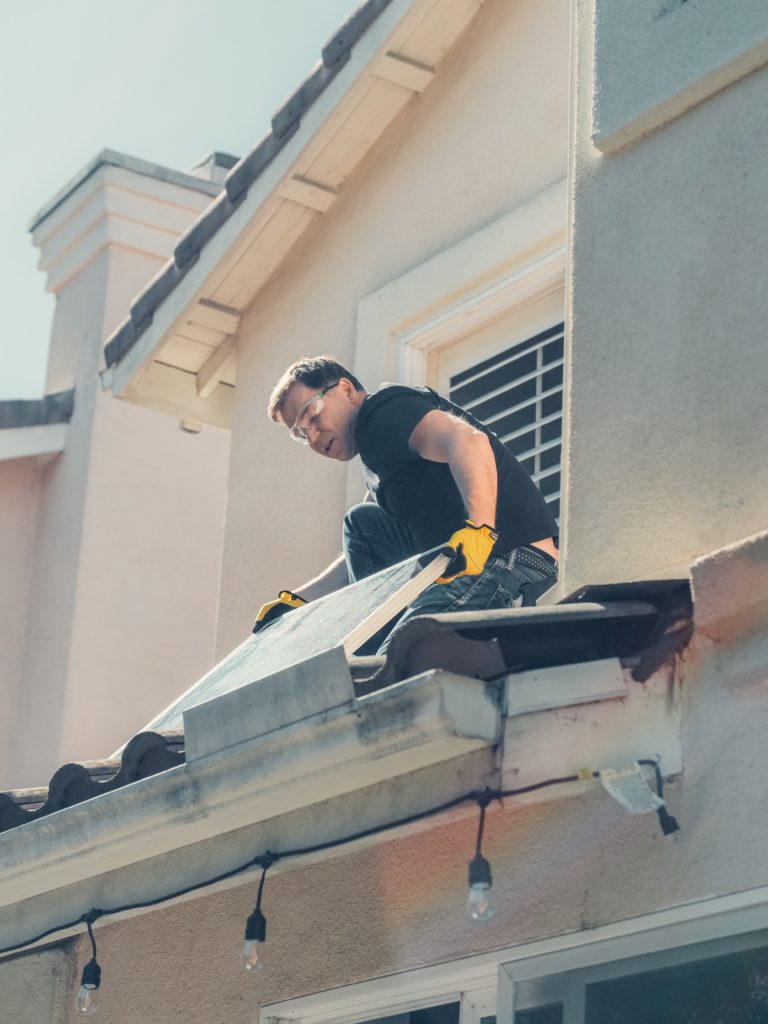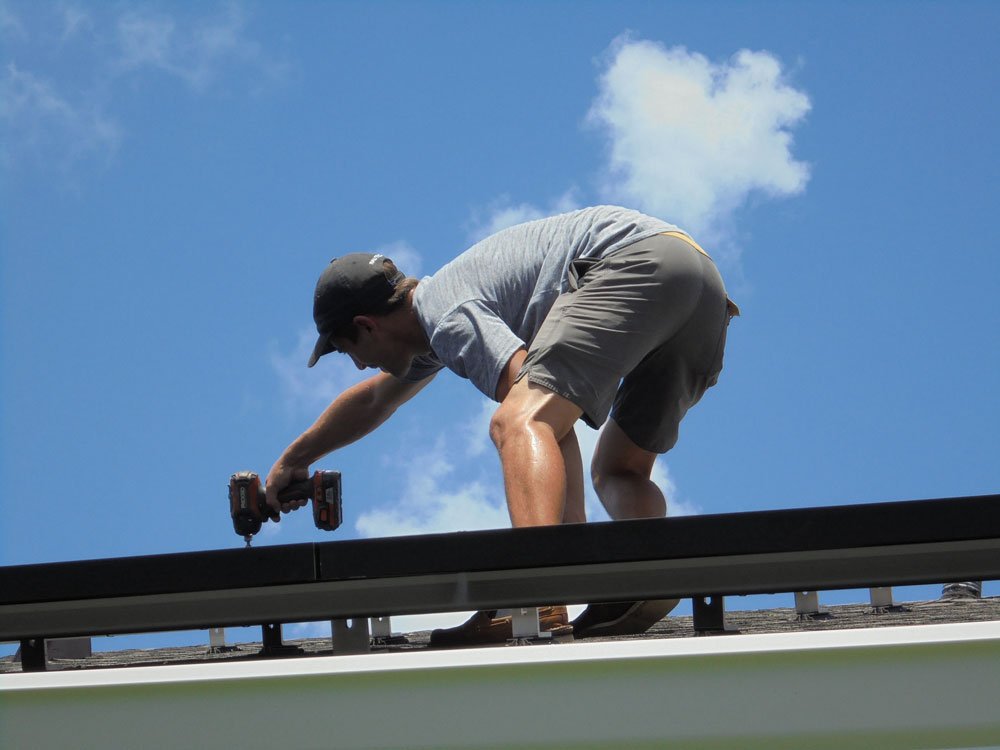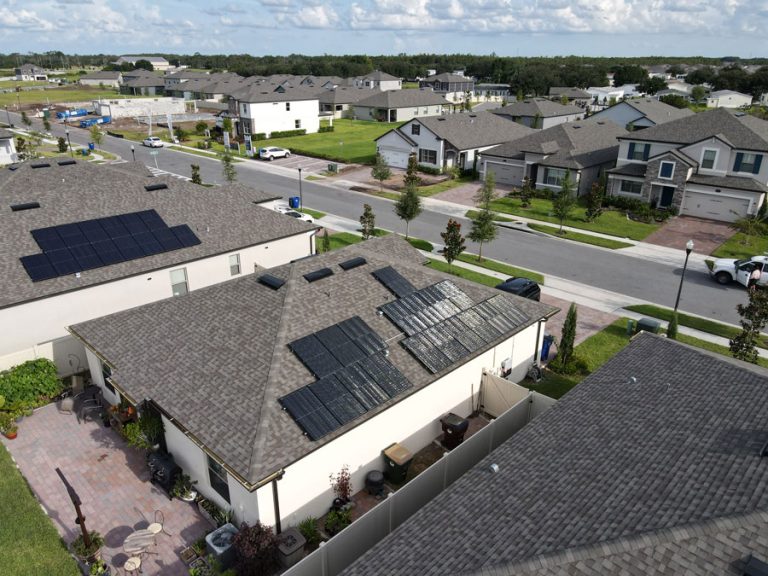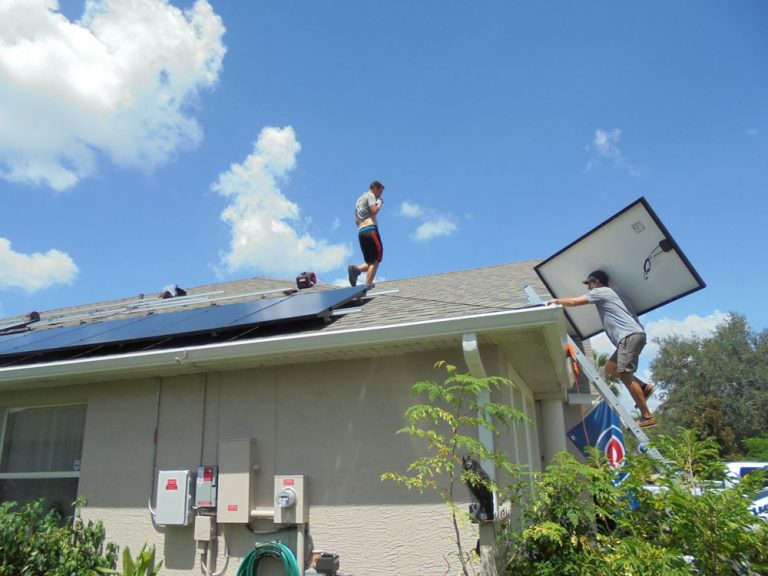
As an experienced solar consultant, I am frequently asked to disclose the downside(s) of going solar. As a retired fraud examiner and the owner of a business built on honesty, integrity and transparency, it is important to cover these pros and cons of residential solar panel systems, with just that approach. It is worth noting that when it comes to residential solar, there are few “absolutes” in regards to these pros and cons. The pros and cons of going solar are all mostly situational-what may be a “pro” for one person may be a “con” for another. The following items are the most common topics in this analysis.
Pro: Far less money spent on power over a period of seven to ten years. Solar energy is cheaper for a consumer to produce than buying it from the utility company. It is mostly common knowledge than you can produce a loaf of bread, a tomato, rich soil from compost, etc. for far less than it would cost to buy these items from someone else. The same holds true for solar, over time. Solar is a long-term investment. If you are 60 years old or less, going solar is one heck of a supplement to your 401k or retirement plan. Consider this: You are locking in the price of electricity at today’s rate. The utility company can raise their rates each year and so what? Your system is producing 100% of your needs. And…when you have paid off your system by incurring almost the same monthly expense as what your average electric bill is, today, you will have NO BILL. And God only knows what the price of electricity will be in 15 years? Using the following example, even with only a 4% annual rate hike (they are usually more than this) a $175 average bill today will be about $308! Your fixed income in retirement goes further when you’re eliminated your electricity bill. You can essentially make installments on YOUR investment for the same $175 a month and you will have next to zero owed on your monthly electric bill in the time being. Pay them or pay yourself.
Con: As per above, if you don’t plan on living in your home for 7+ years or you are already at the retirement age, this may be a “con” as your solar array may not be paid off before you sell the home. In 7 years or so, you likely broke even on the investment, also taking into consideration a small amount of interest, etc.
Pros and Cons of Residential Solar Panel Systems
Pro: Solar Panels increase the value of your home. When solar is installed, just like a pool or other capital improvements, your home’s value increases. Appraisers are becoming more and more knowledgeable as to the true value-added. At this point in time, a good analogy would be the addition of a pool. An appraiser would likely say your home is worth $20K more than without it, even if you spent $40K on the pool. The same, in all honesty, is true with a solar array, today but as solar becomes more and more prevalent, appraisers are plugging the system’s size into a more reasonable equation to reflect its’ true value-i.e. $175 a month that doesn’t go to the utility company.
Con: Market fluctuations. Any realtor would tell you that your home’s true market value can be positively or negatively affected by a myriad of factors that have absolutely nothing to do with going solar and can literally change overnight. There are no guarantees that some other factor may not adversely affect your home’s value more than the solar added. But it will always be worth more than without any solar at all.
Pro: The Federal Government’s 26% Solar Tax Credit in 2020 — (22% in 2021 and 0% in 2022, barring future legislation). What does this mean? Well, for starters, let’s say that your solar array has a gross price of $30K. When you take into consideration that 26% of $30K is $7,800, then your solar array has a true net cost of $22,200 not including interest/finance charges which, by the way, are fabulously low right now. So how does this work? Let’s say you and your partner’s combined income is $100K. That puts you guys in a 22% tax bracket. This means, before any deductions, you are on the hook for $22K in taxes. Obviously, you won’t pay that because you have deductions, and withholdings to pay for your tax liability and at the end of the day, you may get $1000 refunded. So, what would happen if you applied the tax credit? Now your $22K tax liability is only $14,200 with the same deductions, withholding, etc. So, what would the outcome be? A refund of $8,200 ($7,200+$1,000 as before) because you had way more money withheld than you actually ended up owing thanks to the tax credit. For transparency’s sake, I am not an accountant. Many folks’ taxes are more complex. As you are likely taking the time to read this article for advice, here is some more: Check with your accountant before making a commitment.
Con: NOT getting the tax credit. To be honest, the tax credit is what really juices up the rate of return on a solar investment. If you do not qualify for it, there are probably other things you can do with your money to get a better return on investment. Who would not qualify? The prime example is someone who has no tax liability i.e. 100% of their income is nontaxable or they may only have a very small (far less than our example of a $7,800) tax liability. If you are getting 100% of your income from Social Security, you owe no taxes. You can’t take a credit of $7,800 from zero because there is no tax liability to credit.
I sincerely hope that after reading the above, you can appreciate my concise and honest approach to these pros and cons. I have so many solar customers, that have had prior solar consultations, who tell me that the “used car salesman” who came knocking did not share these important points with them, like I am. Look, this is a significant investment. It’s not to be taken lightly and for someone (not just the salesperson) to make a quick buck at the customer’s expense.
Furthermore, this list is not all inclusive. A good Solar consultant will actively seek out your particular “cons” by asking the right questions and putting themselves in your position, all variables included. A good consultant puts YOUR interests first and foremost. You should expect nothing less.
Wishing you and all those dear to you, peace, wellness, and safety.
Joe Nash
Founder, Joe Does Solar & LMNdeavors, LLC Hydroponic and Solar Solutions



